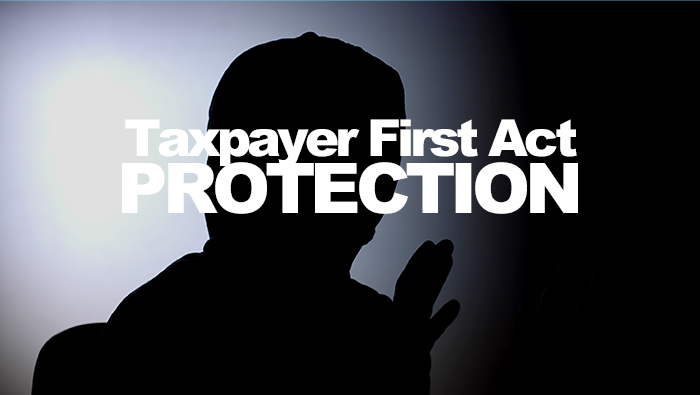On March 10th, 2023, the U.S. Department of Labor (DOL) issued a final rule on handling complaints of whistleblower retaliation. Specifically, the final rule adopts the procedures and time frames for handling employee retaliation complaints stated under the Taxpayer First Act (TFA). The final rule also mirrors the procedures and time frames established in the Occupational Safety and Health Administration’s (OSHA’s) March 7 interim final rule on whistleblower retaliation without much change. Earlier, OSHA published a similar interim final rule to protect antitrust whistleblowers.
Whistleblower Protections Under the TFA
OSHA enforces whistleblower provisions for more than 20 statutes, including many federal employment laws affecting virtually all businesses. These provisions protect employees from whistleblower retaliation by employers. Retaliation occurs when an employer (including anyone with the authority to make tangible employment decisions, like a supervisor or administrator) fires an employee or takes any adverse employment action against them for engaging in protected activity. Protected activity includes reporting issues related to safety, environmental protection, fraud and finance, or health insurance. Additionally, the TFA protects whistleblowers engaged in the following protected activities:
- reporting on or assisting in an investigation of tax underpayment, tax fraud, or potential internal revenue law violations
- assisting in any action the Internal Revenue Service (IRS) takes relating to these violations
Final Rule on Whistleblower Retaliation Complaint Procedure
OSHA published the final rule, Procedures for the Handling of Retaliation Complaints Under the Taxpayer First Act, in the Federal Register on March 13th, 2023. The rule is effective immediately. Under the final rule, employees may file a whistleblower retaliation complaint within 180 days of the alleged retaliation. The Secretary of Labor will then:
- Provide written notice to the alleged violator and the complainant’s employer. Specifically, this notice will include any allegations in the complaint, any supporting evidence, and the violator’s rights during the investigation.
- Start an investigation within 60 days of the complaint’s receipt.
- Issue written findings, issue a preliminary order if retaliation occurred, and notify both the complainant and respondent.
Relief may include reinstatement to the same employment status and position before the retaliation, 200% of the amount of back pay owed and 100% of lost benefits with interest, and any special damages sustained from the whistleblower retaliation (which may include attorney fees and litigation costs).
The final rule included one procedural change from the earlier interim final rule. The change stated that complainants representing themselves in federal court do not have to electronically file petitions with the Administrative Review Board (ARB). Nor do they need to show “good cause” to file by mail or another non-electronic method.

